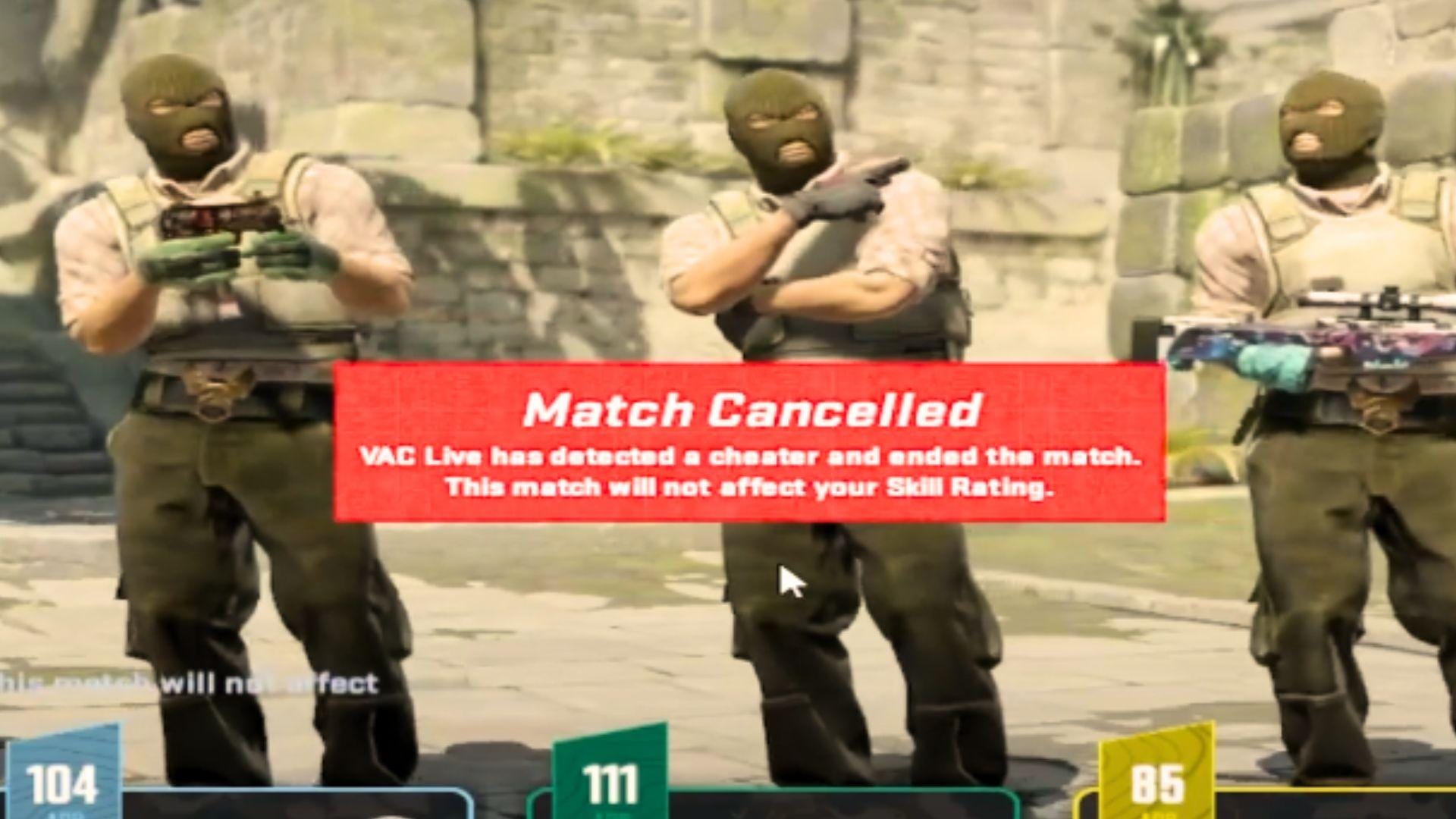Bright Insights Hub
Your go-to source for the latest news and information across various topics.
Cheating in CS2: How Anti-Cheat is the New Guardian of Fair Play
Discover how anti-cheat technology in CS2 is transforming the game and ensuring a fair playing field. Say goodbye to cheaters!
Understanding CS2 Anti-Cheat: How It Works and Its Impact
Understanding CS2 Anti-Cheat is crucial for any player wanting to maintain a fair and competitive gaming environment. The anti-cheat system employed in CS2, known as VAC (Valve Anti-Cheat), works by continuously monitoring players for suspicious behavior and unauthorized modifications to the game client. This sophisticated technology employs a range of detection methods, including signature-based detection, which identifies known cheats by their specific code patterns, and behavioral analysis, which tracks player actions that may indicate cheating. By understanding how these mechanisms operate, players can better appreciate the importance of adhering to the game's rules.
The impact of the CS2 Anti-Cheat system extends beyond just maintaining a level playing field. It fosters a healthier gaming community where competition is based on skill rather than unfair advantages. Players found violating the rules face penalties, including temporary bans or permanent account suspensions. Besides the direct consequences for players, the presence of a robust anti-cheat system enhances the overall gaming experience, encouraging more players to engage with the title. In essence, strong anti-cheat measures not only protect the integrity of the game but also promote a vibrant, dedicated player base.

Counter-Strike has evolved over the years, captivating players with its strategic gameplay and competitive spirit. Fans of the game often seek ways to enhance their experience, and exploring CS2 Cases is a popular way to acquire unique skins and items. The thrill of the competition and the chance to personalize one's weapons make Counter-Strike a beloved franchise in the gaming community.
The Evolution of Anti-Cheat Technologies in Competitive Gaming
The landscape of competitive gaming has evolved significantly over the past two decades, and with it, the anti-cheat technologies designed to maintain fair play. In the early days, simple client-side solutions dominated the scene, relying on basic checks to detect famous cheats or modifications. As the rise of online multiplayer games grew, so did the sophistication of cheating methods, leading to the development of more robust systems. Today, developers implement advanced techniques such as server-side validation and behavior detection algorithms that analyze player actions in real-time, ensuring a more equitable gaming environment.
Moreover, the integration of machine learning has dramatically transformed anti-cheat solutions. By leveraging vast amounts of data from player interactions, these systems can identify patterns and predict potential cheating behavior more effectively. Additionally, community reporting mechanisms have become an essential tool in the fight against cheating, allowing players to flag suspicious activities, which are then reviewed by the game's developers. As the competitive gaming scene continues to expand, the importance of continually evolving anti-cheat technologies will remain paramount to preserving the integrity and excitement that players expect from their favorite games.
What Happens When You Get Caught Cheating in CS2?
When players get caught cheating in CS2, they face a range of consequences that can severely impact their gaming experience. The most immediate action taken is often a ban from the game, which can be temporary or permanent depending on the severity of the offense. Players who utilize cheats or hacks not only risk their own accounts but also spoil the gaming experience for others, prompting developers to implement strict anti-cheat measures. In recent updates, CS2 has adopted advanced algorithms that automatically detect suspicious behavior, making it harder for players to evade detection.
In addition to bans, players caught cheating in CS2 may also face community backlash and stigma. Many players view cheating as a major breach of sportsmanship and fair play, leading to negative perceptions and ostracism within the gaming community. In competitive environments, getting caught can not only ruin a player's reputation but also diminish their chances of joining reputable teams or participating in tournaments. Therefore, it is crucial for players to understand the risks associated with cheating and to uphold fair play principles to maintain a vibrant and fair gaming environment.